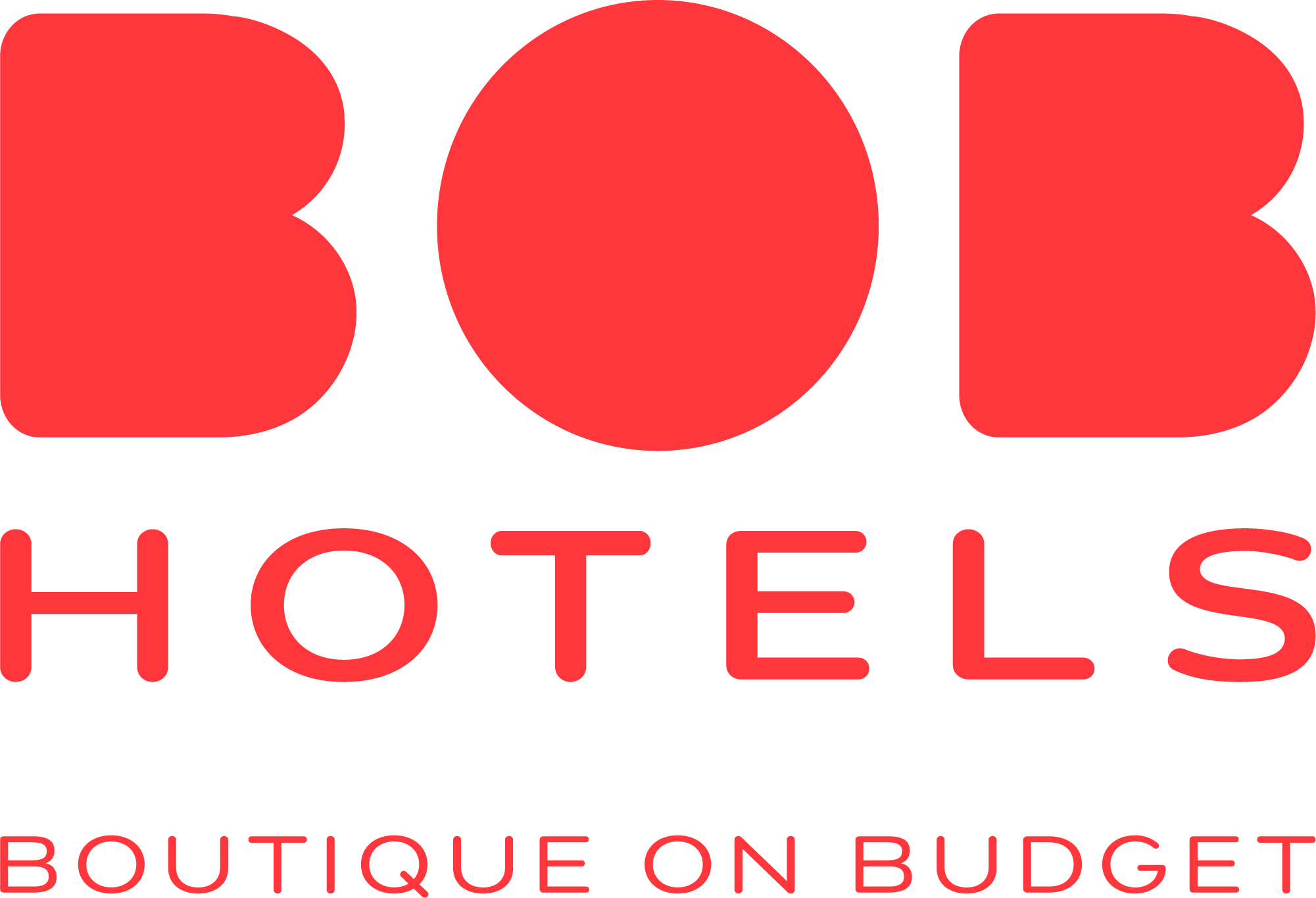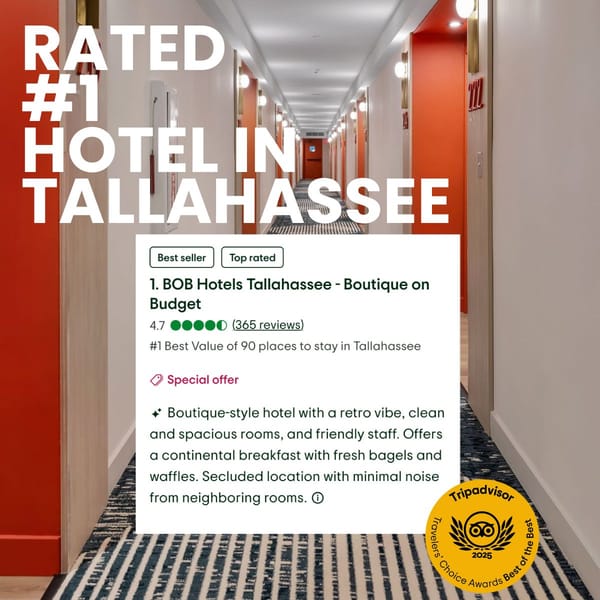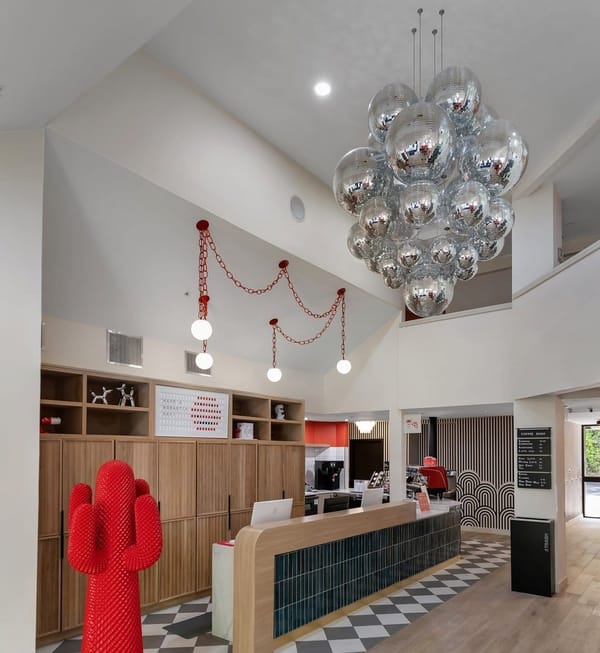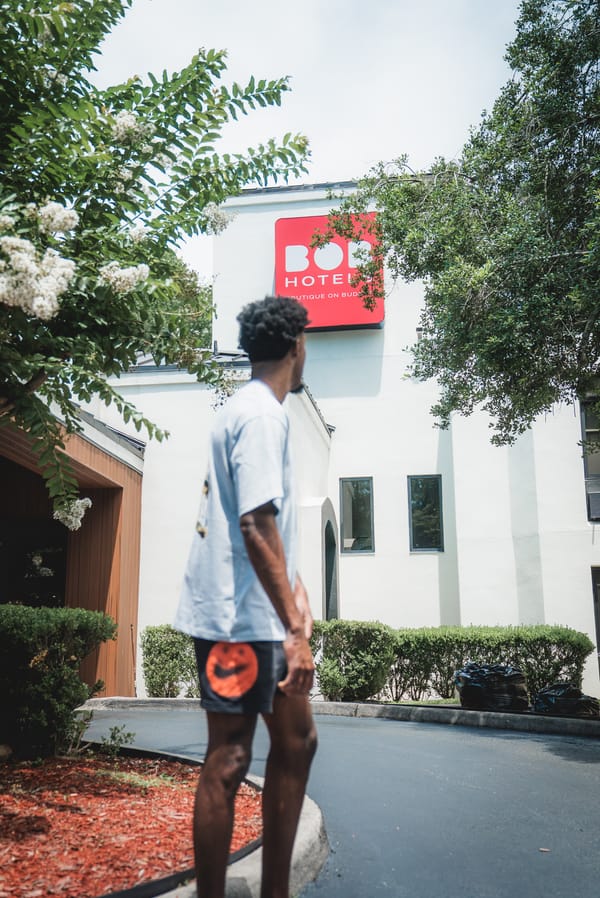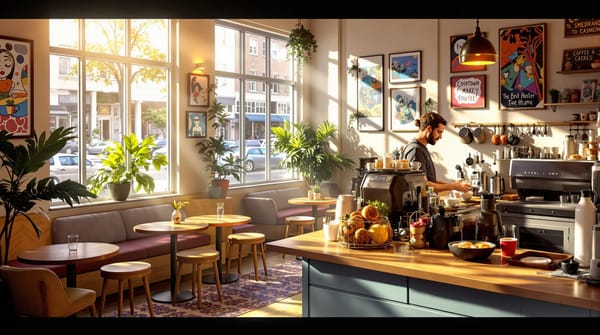How Wellness Trends Shape Millennial Travel
Explore how millennials prioritize wellness in travel, blending health, technology, and affordability for meaningful experiences.
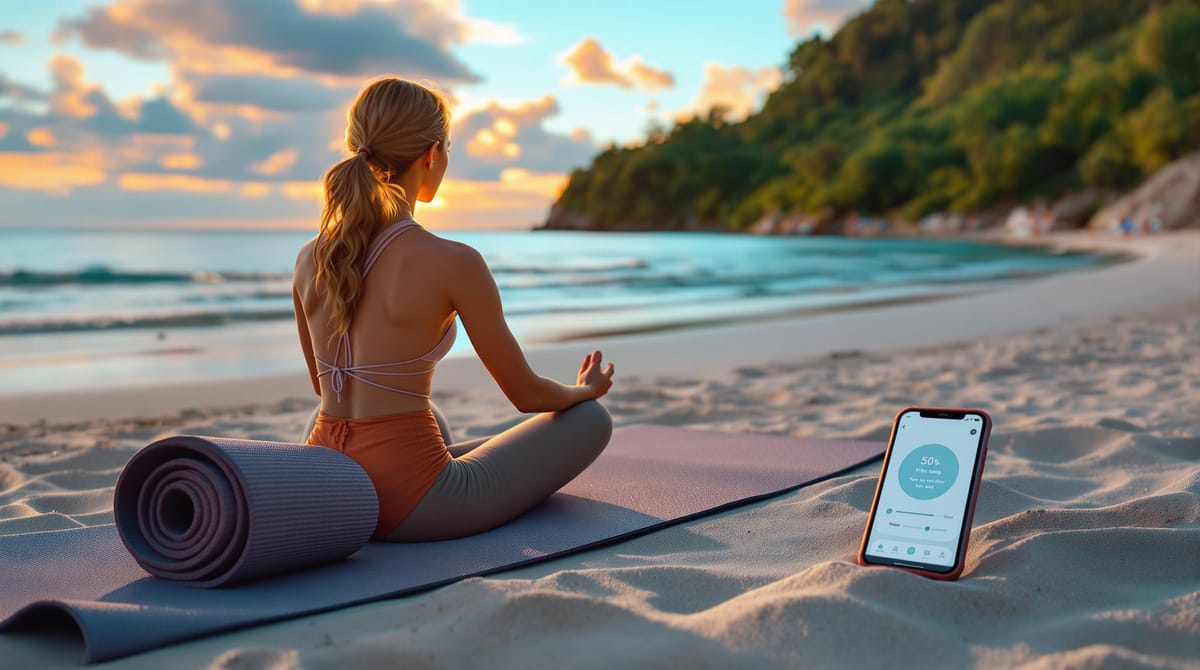
Millennials are reshaping travel by prioritizing wellness. Here's how they're blending health, affordability, and meaningful experiences:
- 70% of millennials prioritize wellness in their travels, with 60% willing to spend more on health-focused trips.
- They seek destinations like Bali and Costa Rica for budget-friendly wellness options, combining nature, fitness, and relaxation.
- Hotels are stepping up with features like fitness centers, healthy dining, meditation apps, and eco-friendly designs.
- Technology plays a key role, with wearables, meditation apps, and smart hotel features enhancing wellness experiences.
- Popular activities include yoga retreats, outdoor adventures, and global wellness traditions like Iceland's geothermal spas.
The wellness travel industry is booming, projected to reach $2.1 trillion by 2030, driven by millennial and Gen Z travelers. Whether through personalized wellness programs or eco-conscious stays, the future of travel is all about health and balance.
10 Travel Trends That Will Change How You Promote Your Yoga And Wellness Retreats
Current Wellness Trends in Travel
The wellness tourism industry is on track to hit $2.1 trillion by 2030 [2], fueled by fresh approaches that merge digital tools with well-being. Millennials, in particular, are seeking wellness experiences that are both enriching and budget-friendly.
Technology and Wellness: Apps, Wearables, and Smart Hotel Features
Hotels are stepping up their game with tech-focused wellness amenities. For instance, the Equinox Hotel New York features 24-hour fitness centers and health-conscious perks, while the 1 Hotel West Hollywood offers tech-driven options like sunrise meditation sessions [3].
| Digital Wellness Tool | Purpose | Examples |
|---|---|---|
| Meditation Apps | Support mental health | Headspace, Calm |
| Fitness Wearables | Monitor physical activity | Fitbit, Apple Watch |
| Smart Room Features | Enhance in-room wellness | Digital fitness gear, wellness app integration |
While digital tools are transforming how travelers approach wellness, many are also looking to nature for a more grounded experience.
Nature-Based Wellness Activities
Over 60% of travelers now prefer vacations that leave them feeling healthier [2]. This has led to a surge in activities combining physical health with outdoor experiences.
"Consumers prioritize feeling healthier for longer, driving demand for experiences blending relaxation with active wellness." - Euromonitor [2]
Places like Sedona, Arizona, are thriving in this space, offering eco-wellness activities that mix natural healing with physical exercise [1].
In addition to nature, travelers are embracing wellness traditions from across the globe.
Global Wellness Practices
From Bali's yoga retreats to Iceland's geothermal spas, global destinations are drawing visitors eager to explore mind-body wellness.
| Practice Type | Benefits | Popular Locations |
|---|---|---|
| Traditional Healing | Cultural immersion, holistic health | Bali's healing centers |
| Yoga Retreats | Mind-body harmony | India, Costa Rica |
| Natural Therapies | Stress relief, rejuvenation | Iceland's geothermal spas |
These global practices resonate with millennials, who value meaningful and culturally rich experiences. With 55% of millennial and Gen Z travelers planning wellness-focused trips [1], these trends are shaping the future of travel.
Finding Affordable Wellness Hotels
As millennials put more focus on wellness, the hospitality industry is stepping up with hotels that balance health-focused amenities and affordability. These budget-friendly wellness hotels are reshaping what it means to stay on a budget. Here's how you can spot them.
Key Features of Wellness-Focused Hotels
These hotels combine wellness features with cost-conscious options, focusing on four main areas:
| Feature Category | Common Amenities | Budget-Friendly Alternatives |
|---|---|---|
| Physical Wellness | Fitness Centers | Partnerships with Local Gyms |
| Mental Well-being | Meditation Spaces/Apps | Self-guided Programs |
| Nutrition | Health-focused Restaurants | Healthy Grab-and-go Options |
| Recovery | Spa Services | Self-care Amenities |
Many of these properties use technology to keep costs down while offering wellness perks. For example, complimentary meditation apps, virtual fitness classes, and smart TV integrations help guests personalize their wellness experience without the hefty price tag.
Example: BOB Hotels Tallahassee
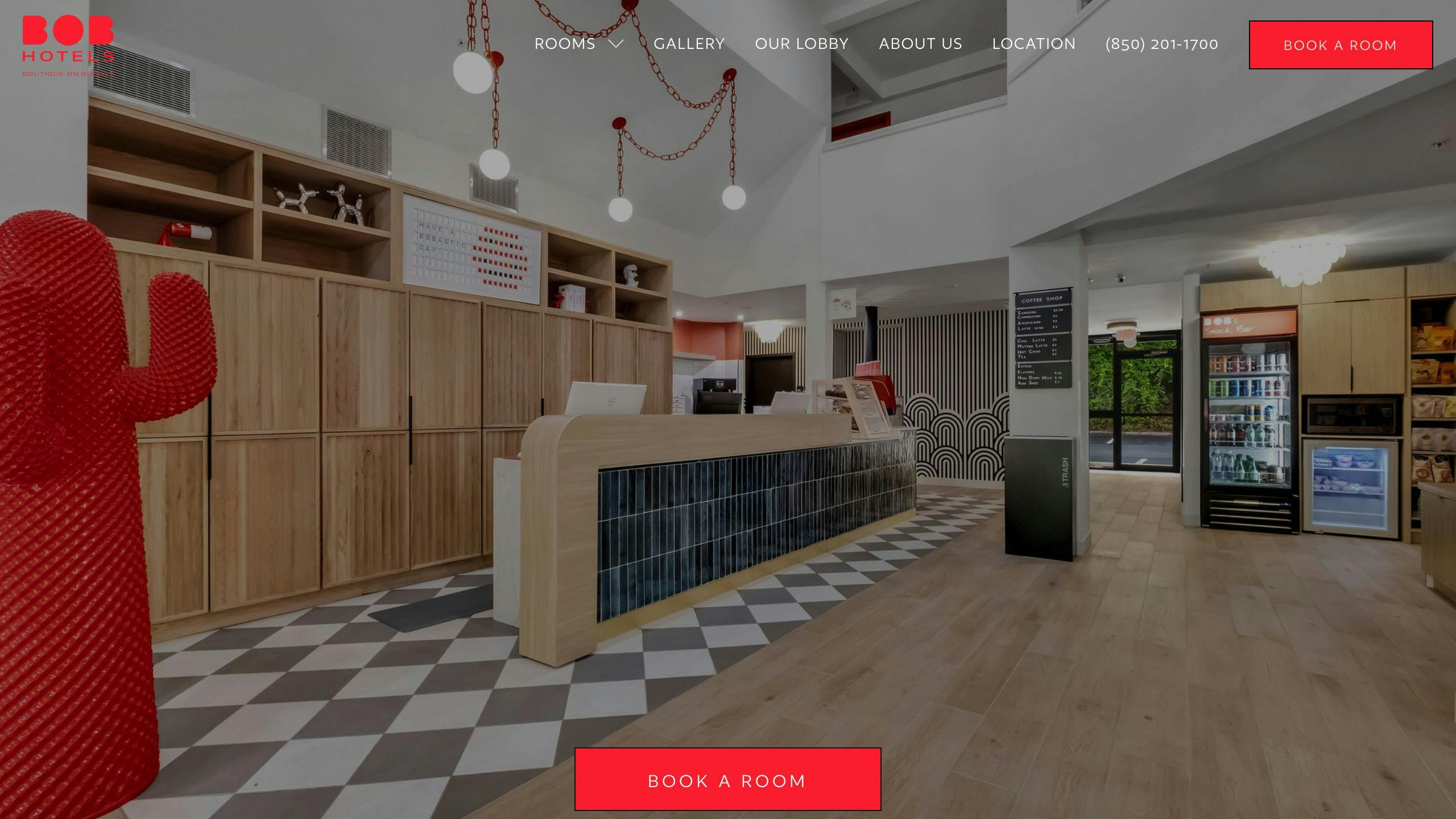
BOB Hotels Tallahassee is a great example of a wellness-focused budget hotel. It offers:
- Sleep Quality: High-end mattresses for better rest
- Active Lifestyle: A plunge pool for relaxation or light exercise
- Mindful Spaces: A cozy lobby designed for unwinding and socializing
- Healthy Dining: A café serving specialty coffee and nutritious breakfast options
This property demonstrates how budget hotels can focus on wellness essentials, reflecting a growing trend - 55% of millennial and Gen Z travelers now plan wellness trips [1].
When searching for similar hotels, check for partnerships with local wellness providers, healthy food options, and clean, relaxing spaces. Once you've found the right spot, you can customize your stay to make the most of your wellness journey.
Customizing Wellness Travel
Millennial travelers today crave experiences that match their health goals and personal values. Here's how wellness travel is evolving to meet those needs.
Personalized Wellness Programs
Hotels are stepping up with tailored wellness programs designed to address individual health goals. This shift caters to the increasing demand for customized experiences.
| Program Type | Customization Options | Benefits |
|---|---|---|
| Fitness Activities | Personal training, virtual classes | Adjusted workout intensity |
| Wellness Consultations | Health assessments, nutrition planning | Personalized health plans |
| Recovery Services | Custom spa treatments, meditation | Stress relief tailored to you |
Many of these options are offered at reasonable prices, making wellness more accessible. For example, the Equinox Hotel New York features a cutting-edge fitness center and a spa focused on recovery, helping guests stick to their routines even while traveling [3].
Wellness with an Eco-Friendly Twist
Millennials are increasingly choosing wellness options that not only enhance their personal health but also support the planet. This dual focus is shaping the future of wellness travel.
"Wellness tourism is not just a trend, but a growing industry, and millennials and Gen Z are driving its growth." - Wellness Tourism Association [1]
With over 60% of travelers looking for health benefits that last beyond their trip [2], many destinations now combine wellness with environmentally-conscious practices. A standout example is 1 Hotel West Hollywood, which integrates:
- Sustainable designs featuring native plants
- Organic materials and eco-friendly amenities
- Wellness activities inspired by nature [3]
Other eco-friendly offerings often include meditation in natural settings, spa treatments using locally-sourced ingredients, and plant-based dining options.
Conclusion: The Future of Millennial Travel with Wellness
The wellness travel market is on track to exceed $2.1 trillion by 2030 [2], driven largely by millennials and Gen Z travelers who are reshaping the industry with their health-focused preferences.
Millennials are putting wellness at the center of their travel plans, often willing to spend on experiences that reflect their values and lifestyle. This shift highlights their desire for meaningful, health-oriented trips that are also budget-conscious.
Three key trends are shaping the future of wellness travel for millennials:
| Dimension | Current Trend | Future Outlook |
|---|---|---|
| Technology Integration | Social media influences travel decisions | Smart hotels and wellness apps become standard |
| Personalization | Tailored wellness programs are popular | AI tools create hyper-personalized experiences |
| Sustainability | Eco-friendly options are in demand | Deeper integration of green practices |
The mix of time-honored traditions and modern wellness innovations continues to attract travelers focused on health. This evolution goes beyond typical wellness offerings, aiming to deliver well-rounded, health-centric experiences.
The challenge for the industry lies in balancing affordability, quality, and new ideas, all while supporting both personal well-being and eco-friendly practices. With 55% of millennial and Gen Z travelers planning wellness trips in the next year [1], this sector is set for ongoing growth and change.
As millennials redefine what wellness travel means, the industry must keep up by offering health-conscious, sustainable, and personalized options that remain both accessible and genuine.
